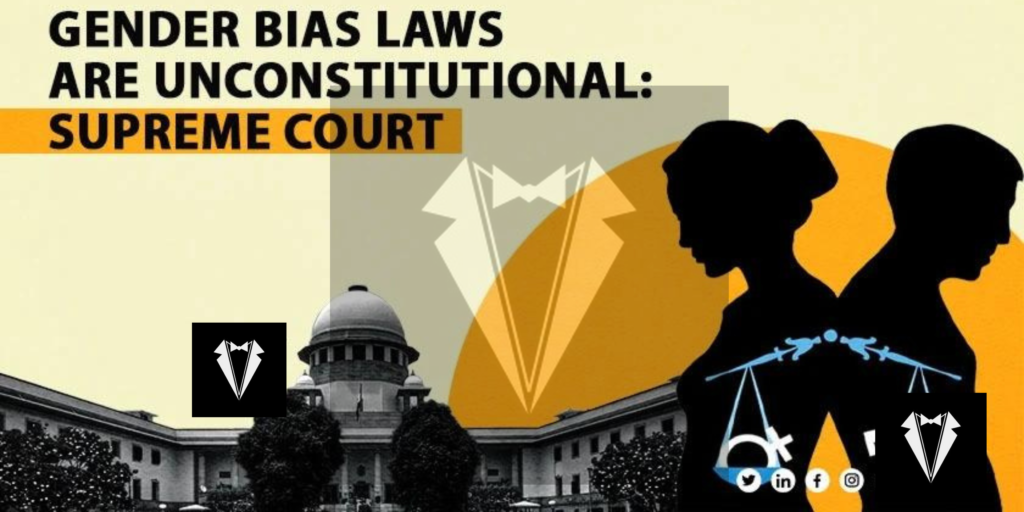
In a recent pronouncement, the Supreme Court of India declared laws and regulations founded on gender bias to be constitutionally impermissible. The court emphatically stated that rules which consider the marriage of female employees and their domestic commitments as grounds for disentitlement are unconstitutional.
The apex court specifically addressed a case involving the release of a permanent commissioned officer in the Military Nursing Service due to a patriarchal rule, deeming it a glaring instance of gender discrimination and inequality. Justices Sanjiv Khanna and Dipankar Datta, presiding over the case, directed the Union government and other parties to compensate former Lieutenant Selina John with Rs 60 lakh within eight weeks as a comprehensive resolution.
The court categorically deemed the discharge of Lt. Selina John from service based on a marriage-related rule as illegal and manifestly arbitrary. The bench highlighted the inherent discrimination and inequality in terminating employment solely because of a woman’s marital status, emphasizing that such patriarchal rules undermine human dignity, the right to non-discrimination, and fair treatment.
Despite the Center’s challenge to the Armed Forces Tribunal’s decision to reinstate Lt. Selina John with all consequential benefits, the Supreme Court refused to interfere with the tribunal’s order. The bench rejected the notion that a permanent commissioned officer in the Military Nursing Service could be released or discharged on the grounds of marriage.
Furthermore, the court noted the withdrawal of the contentious Army Instruction No 61 of 1977, titled “Terms and conditions of service for the grant of permanent commissions in the Military Nursing Service,” through a subsequent letter on August 29, 1995.
The Supreme Court reiterated the unconstitutionality of laws and regulations rooted in gender bias, emphasizing that rules considering the marriage of women employees and their domestic responsibilities as a basis for disqualification are impermissible. In modifying the Armed Forces Tribunal’s order, the court mandated the Union government to promptly compensate the officer with Rs 60 lakh within eight weeks. Additionally, the bench decreed that failure to make the payment within this timeframe would incur interest at the rate of 12% per annum from the date of the order until payment.



